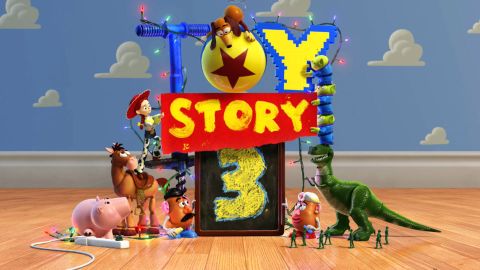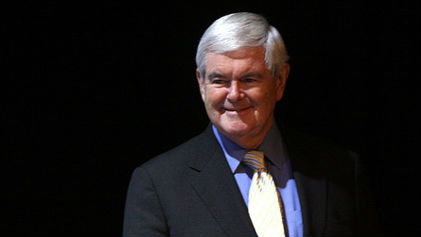Why This Movie Doesn’t Suck: The Culture of Dissent at Pixar Animation Studios

What’s the Big Idea?
Pixar Animation Studios, the company Steve Jobs acquired in 1986, has won a total of 26 Academy Awards and made over $6.3 billion worldwide. The studio’s incredible run of success includes Toy Story 3, the highest-grossing animated film of all time. In fact, with the exception of Cars 2, every feature film Pixar has produced has been both a critical and commercial success, grossing on average $602 million, the highest in the industry. Talk about the Midas touch! With a track record like that, Pixar must be immune from making mistakes.
Not true at all, points out the economist Tim Harford in his book Adapt: Why Success Always Starts With Failure. According to Harford, instead of preventing errors, Pixar is really good at with fixing them quickly. To put it another way, Pixar’s President Ed Catmull embraces a process of rigorous critique in which the studio ensures that films go “from suck to nonsuck.” Films are scrutinized right up to the last stage of production.
According to Harford, what Pixar has done so well is the studio has established a positive environment for dissent. In the video below, Harford argues that all organizations are bound to make mistakes. The key is for these mistakes to be “revealed, exposed and then corrected as soon as possible.” The culture has to be right for this to work. After all, people hate criticism. On the other hand, dissent must be listened to if you don’t want your product to “suck.”
Watch the video here:
What’s the Significance?
In his book, Adapt: Why Success Always Starts With Failure, Harford offers dissent as a powerful approach to problem-solving. Instead of looking to a general, or a politician, or in Pixar’s case, a director, to lay out grand visions and “show us the way,” Harford argues that many of the complex issues in the world–as well as everyday business decisions and choices we face in our personal lives–can be solved through improvisation and working from the bottom up.
Image courtesy of Shutterstock
Follow Daniel Honan on Twitter @Daniel Honan





